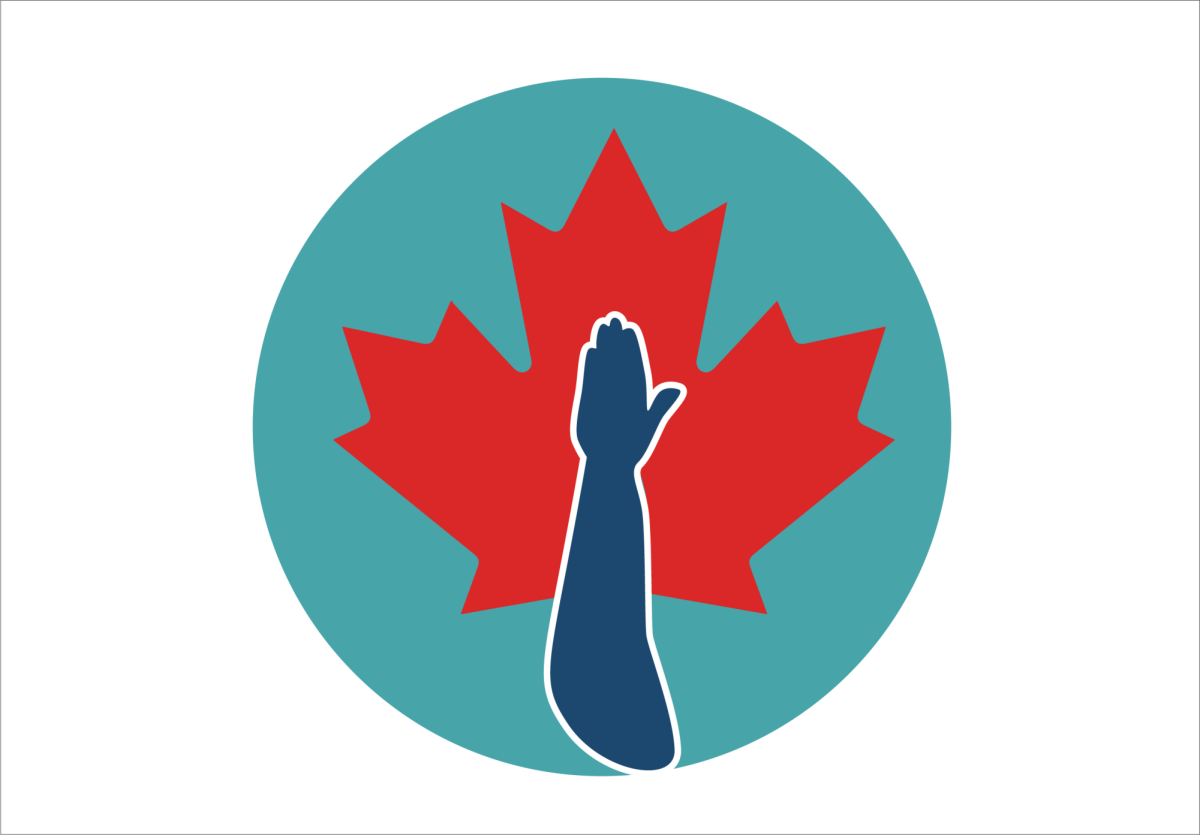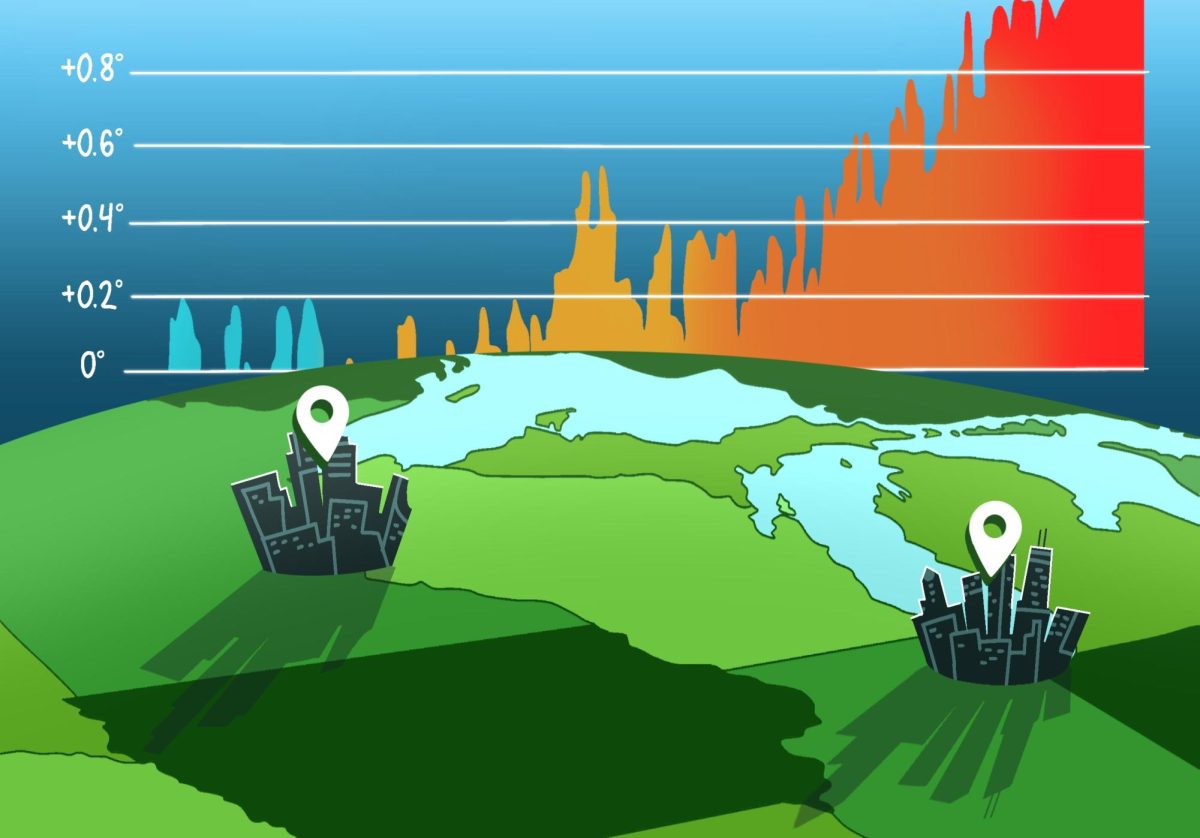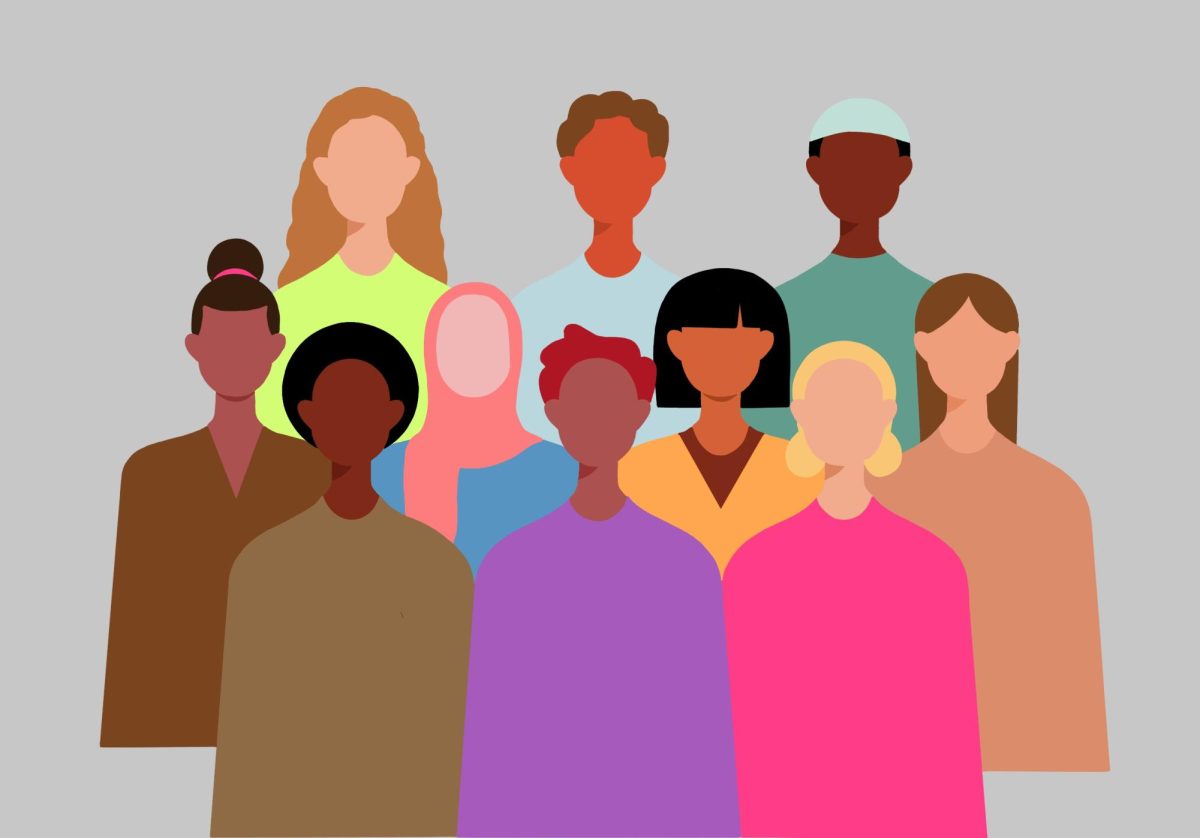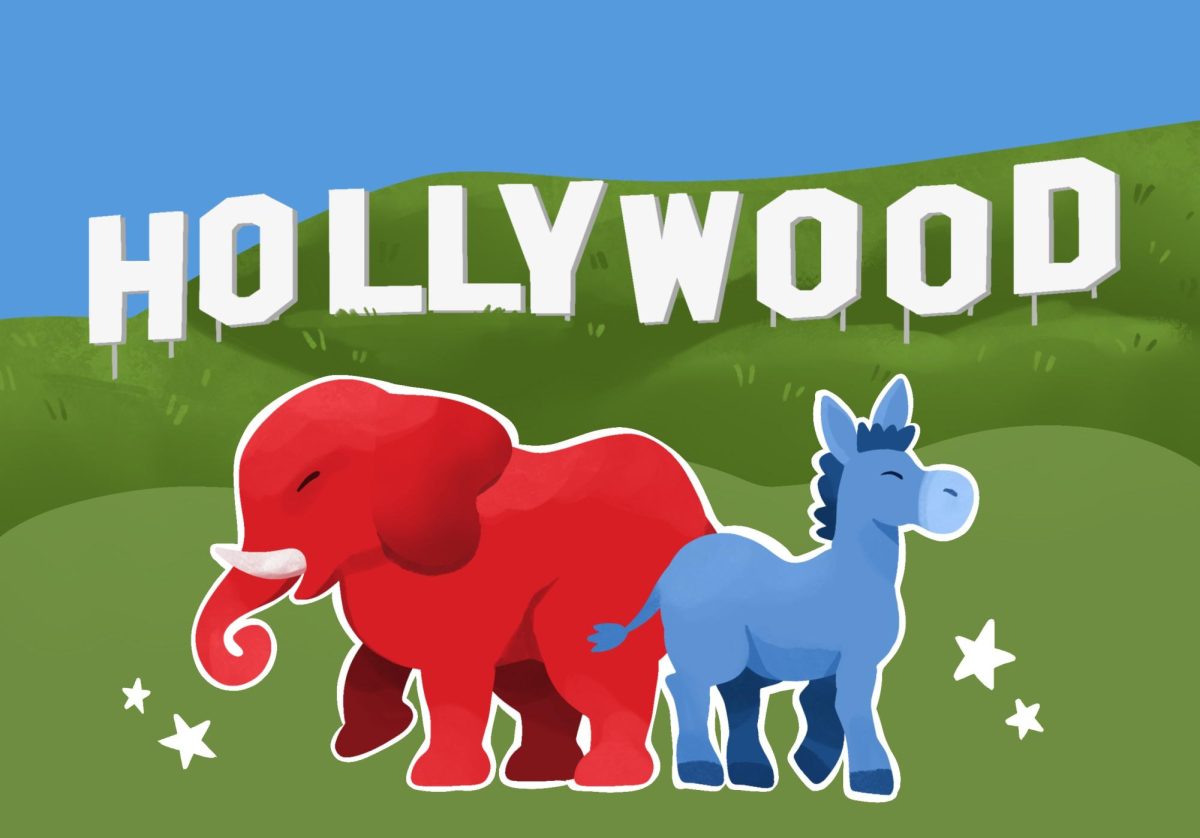Canadian parliamentarians erupted into a standing ovation on Sept. 22 as they welcomed the visiting Ukrainian President Volodymyr Zelenskyy. They erupted again when Canadian Prime Minister Justin Trudeau announced a new $650M military package to the war-torn nation.
Then they erupted into applause a third time. This time for a man named Yaroslav Hunka.
“A Ukrainian hero, a Canadian hero,” as House Speaker Anthony Rota said, describing him as a “Ukrainian-Canadian veteran from the Second World War who fought for Ukrainian independence against the Russians.”
Rota joined Zelenskyy and Trudeau in celebrating and waving to the 98-year-old.
Mere days later, news outlets discovered Hunka wasn’t any ordinary “Ukrainian-Canadian veteran” — he was a Nazi. A member of the SS 14th Waffen Division, a Ukrainian volunteer unit, Hunka fought for Hitler’s Germany during World War II.
The ensuing chaos was painful to watch. It seemed as though the entire Canadian government awkwardly lurched into DEFCON 1, desperate to remedy the absurd scandal. Accusation after accusation rocked Canadian media, with everyone wondering how on Earth Canada ended up honoring a Nazi in the 21st century.
However, as morbidly comical as Canada’s slip-up was, this is far from the main issue at hand. Inviting a Nazi to Parliament has dredged up a whole host of uncomfortable questions that previously simmered quietly in the backdrop of the raging conflict.
As Western governments continue to funnel colossal volumes of financial, material and military support into Ukraine’s battered borders, one question has returned: who are we really supporting here?
This might be obvious to many. However, American media has dutifully painted the war as a clear-cut struggle for justice. A good vs. bad, right vs. wrong sort of deal.
This isn’t a bad thing, but embracing these gross oversimplifications prevents us from making more intelligent evaluations of the conflict, something we shouldn’t take likely.
Before I get ahead of myself, let me make one thing clear: Ukraine is obviously not a Nazi state. We are not supporting a Nazi government. Yaroslav Hunka, Canada’s least-favorite Nazi of the month, is a product of a vastly different Europe. He by no means represents Ukraine today. Zelenskyy, the democratically elected president of Ukraine, is Jewish and lost family in the Holocaust.
Furthermore, the majority of the Ukrainian Parliament’s seats are held by the nebulous yet dominant Servant of the People, a centrist pro-European party. From a top-down perspective, Ukraine is a far cry from a Nazi state.
If we are to faithfully evaluate our relationship with Ukraine however, it is vital to acknowledge the unsettling degree of influence neo-Nazi organizations wield in Ukrainian society. Consider the Azov Battalion, the de facto face of extremism in Ukraine. Formed in 2014 during the Donbas War, the ultranationalist militant group became known for their effectiveness compared with the then-decrepit Ukrainian military.
Since then, they have also become infamous for their emblem containing Nazi iconography, explicit neo-Nazi beliefs and intimate ties to far-right terror cells. Still, the Azov Battalion was formally incorporated into the Ukrainian military in November 2014, making Ukraine the “world’s only nation to have a neo-Nazi formation in its armed forces.”
The Azov Battalion is not the only example. Western-oriented publications like Reuters, the Atlantic Council and NBC have all reported on the distressing rise of Nazism in the beleaguered nation and its concerning implications for Ukraine’s future.
This begs the question, can America still support Ukraine in the face of its growing Nazi problem? Thomas Wolfe, an associate professor of history at the University of Minnesota, thinks it’s possible.
“These groups are small, they are radical and uneducated,” Wolfe said. “They’re the kinds of groups that exist in democracies, but that most democracies have a way of containing and dealing with.”
But wouldn’t our support mean these neo-Nazis might take power one day? Again, Wolfe is unconvinced. They are in a fight to the death, and their nation is at stake. The Ukrainian government has every reason to control and use them to their advantage, Wolfe said.
“I don’t think these people are going to be powerful rogue figures in any way,” Wolfe said. “They’re fringe people who the war has given value to.”
While Wolfe is confident Ukraine will be able to rein in extremism, several other factors surrounding Ukraine’s fight against Russia still make me wary.
Take for instance, corruption. Ukraine has consistently been ranked as one of the most corrupt nations in Europe. Endemic corruption is such a severe and deep-rooted issue even the Biden administration, one of Ukraine’s staunchest allies, has expressed deep concern over Ukraine’s dismal battle against corruption.
Ukraine’s systemic ailments are not just bureaucratic — they stretch far into the battlefield. Interviews with Ukrainian colonels and soldiers have revealed the bleak situation on the battlefield.
In an interview with The Washington Post, a lieutenant colonel recounts how “hundreds of Ukrainian soldiers in units fighting alongside his battalion simply abandoned their positions,” and how after a year of war, “he was the sole military professional in the battalion.”
So what should Americans do? Should we continue to staunchly defend Ukraine against Russia? I argue that, in the face of all these convoluted complications, we should still support Ukraine. The consequences of a Ukrainian loss would be catastrophic.
In the face of Ukraine’s distressingly-entrenched problems, I argue that Americans should be much more restrained in our support.
We’ve been unconditionally zealous in our support for more than a year, but we have to be real. Simply heaping billions of dollars of resources into Ukrainian hands for however long it takes is by no means a sustainable strategy. Coupled with Ukraine’s institutional pitfalls, the case for supporting Ukraine becomes even more fraught.
We must look at the big picture. Ukraine’s sovereignty is at stake, but we should not be so foolish as to assume that this is an idyllic fight between good and evil. Ukraine is a flawed nation with flawed people. As we continue to support international dignity, we should attempt to at least keep this much in mind.






















